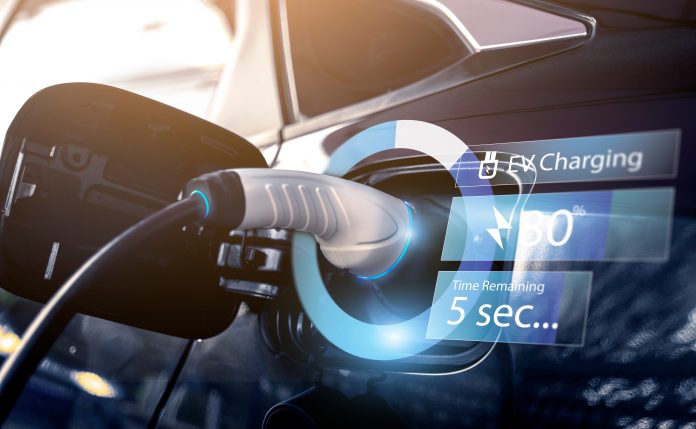Since introducing electric vehicles (EVs) to the automotive sector, several consumers have lingered around the prevalent issue of range anxiety.
Range anxiety refers to the fear that an electric car will run out of battery before reaching its destination. It is a common mental hurdle for prospective EV owners and a persistent issue for current EV owners.
However, a recent study by Recurrent suggests that range anxiety is not a significant problem for the average daily driver. Many modern EVs can handle commutes, errand runs, and occasional road trips easily, with ranges typically exceeding 250 miles on a single charge.
According to the analysis, islands and small districts like Puerto Rico, Hawaii, and Washington DC generally have shorter daily driving distances and utilize less of their vehicle’s available range. Despite its vast size, Alaska ranks low in daily driving distance and range usage, attributed to small metropolitan sizes, brief drives, and limited road mileage. Notably, Alaska boasts “more miles of hiking trails than it does miles of roads for passenger vehicles,” and its state capital, Juneau, is inaccessible by car.
Furthermore, trends based on population density are evident, with Wyoming, Montana, and the Dakotas among the five least dense states. Interestingly, Alaska, Texas, and California, the three largest states geographically, all display below-average daily driving distances. This pattern may indicate that most EV owners reside in urban areas with lower daily mileage for all drivers or that EV drivers in these states have alternative vehicles for longer trips.



